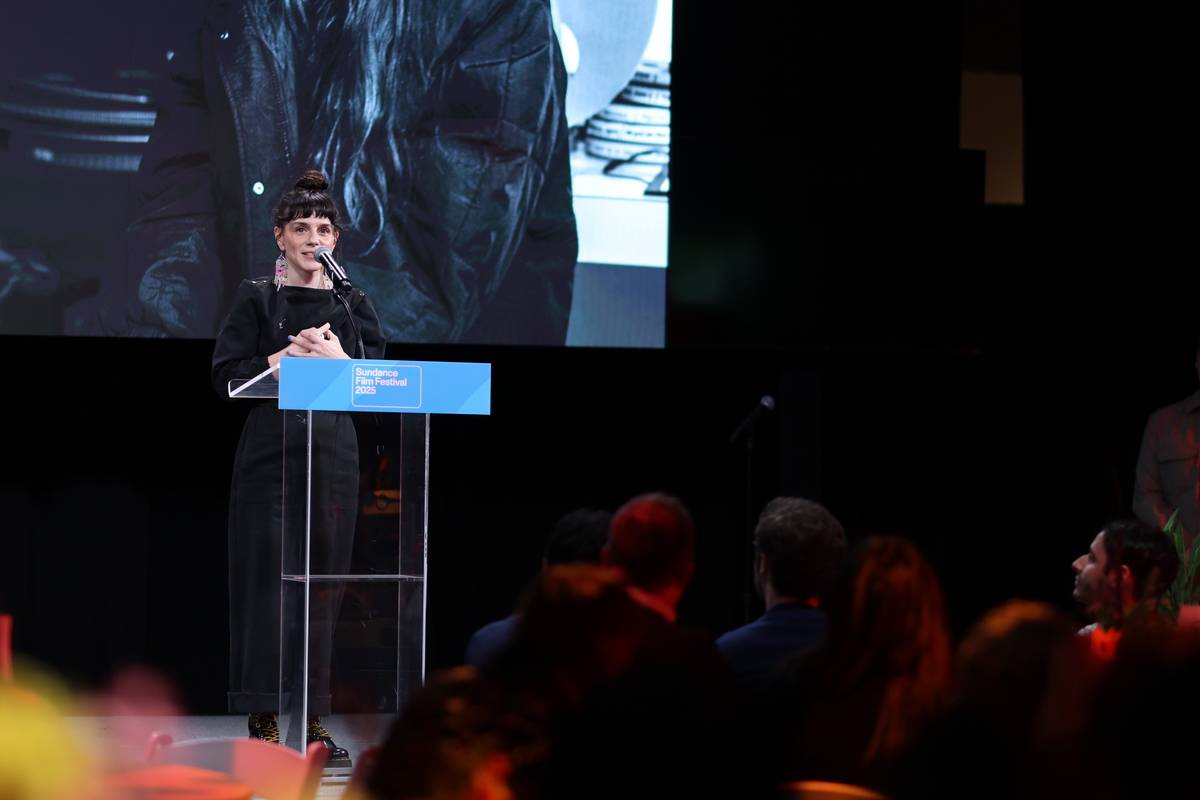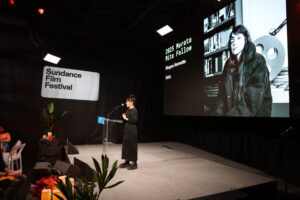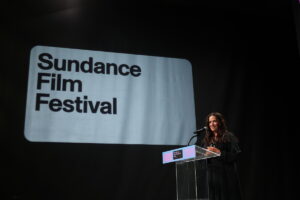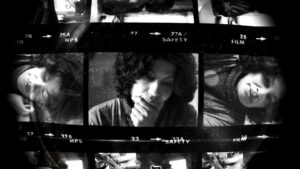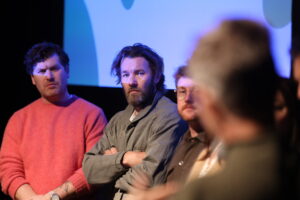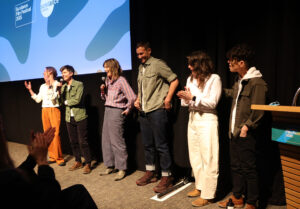By Katie Arthurs
Whether told through dance, ceremony, spoken word, or visual art, storytelling in all its forms is a long held tradition for many Indigenous communities across the globe. When filmmaking came on the scene, Indigenous artists embraced an opportunity to not only explore a new form of storytelling, but also to document, preserve, and represent knowledge and culture. None knew this better than iconic and trailblazing Māori filmmaker Merata Mita — a mother, filmmaker, and fierce global advocate for Indigenous voices who used cinema as a medium to advocate for her people throughout her life.
In 2016, Bird Runningwater, the Sundance Institute Indigenous Program director at the time, continued Mita’s legacy by launching the Institute’s Merata Mita Fellowship. A longtime friend and colleague of Runningwater, Mita served as an advisor and Artistic Director of the Sundance Institute Native Lab from 2000 to 2009. The fellowship carries on her efforts by supporting Indigenous women–identifying artists from a global stage, endeavoring to direct a feature film.
Since its launch, the fellowship has supported eight filmmakers from across the globe: from the inaugural recipient, Ciara Leina’ala Lacy (Kānaka Maoli) to current 2025 Merata Mita Fellow, Rhayne Vermette (Métis), whose film Levers recently had its world premiere at the Toronto International Film Festival, and will be screening at the New York Film Festival, taking place later this month and into October.
At the 2025 Sundance Film Festival Native Forum Celebration, Vermette reflected on her community and the power of filmmaking:
“What an honor. In particular, thinking about previous recipients, many of whom I greatly admire and considering Merata Mita’s work, which has always been this beautiful pillar of light, in this complicated space where creation converges with industry. Her work was always like a space of hopefulness for me. I want to thank Adam, Katie, and Neta for their care, generosity, and support. I’m just overwhelmed with feelings right now.
I’m really thinking about home. A few days ago, I relocated temporarily from the beautiful province of Manitoba to Boston. In this moment of celebration, I’m also carrying an air of homesickness and sadness and kind of being like, ‘What am I doing?’ I’m thinking about my loved ones, my family, my friends, my peers. It’s them who have really shaped me, prodded me, humbled me, and formed me as a director and producer. They’re the ones who I work with. It’s through their extreme generosity and participation in this funny thing I do called making movies that they really show me the sacred space of filmmaking and sort of the manifestation of potential that exists with working with light and working with images. I witnessed us together on set in the most crazy scenarios and [we] made it a reality. We believe that we executed it and we were in it.
Looking at a modern day world, it’s such a difficult space to be a human being…there’s all these contradictions. We’re seeing incredible wealth, incredible advancements in technology, health, science, but we’re also seeing incredible feats of destruction and genocide. And so I really think about lights and filmmaking, and how that could be a space of celebration, a space of joy, a space of creation, and rebuilding the world and you. It’s that spirit that I carry with me. To have all is to share all — and that’s all I intend to do.”
Today, the Sundance Indigenous program sends out a call across the globe for woman-identifying Indigenous storytellers to share their stories and apply to the 2026 Merata Mita Fellowship.
Click here to apply. The application is open from October 13–November 3, 2025.





